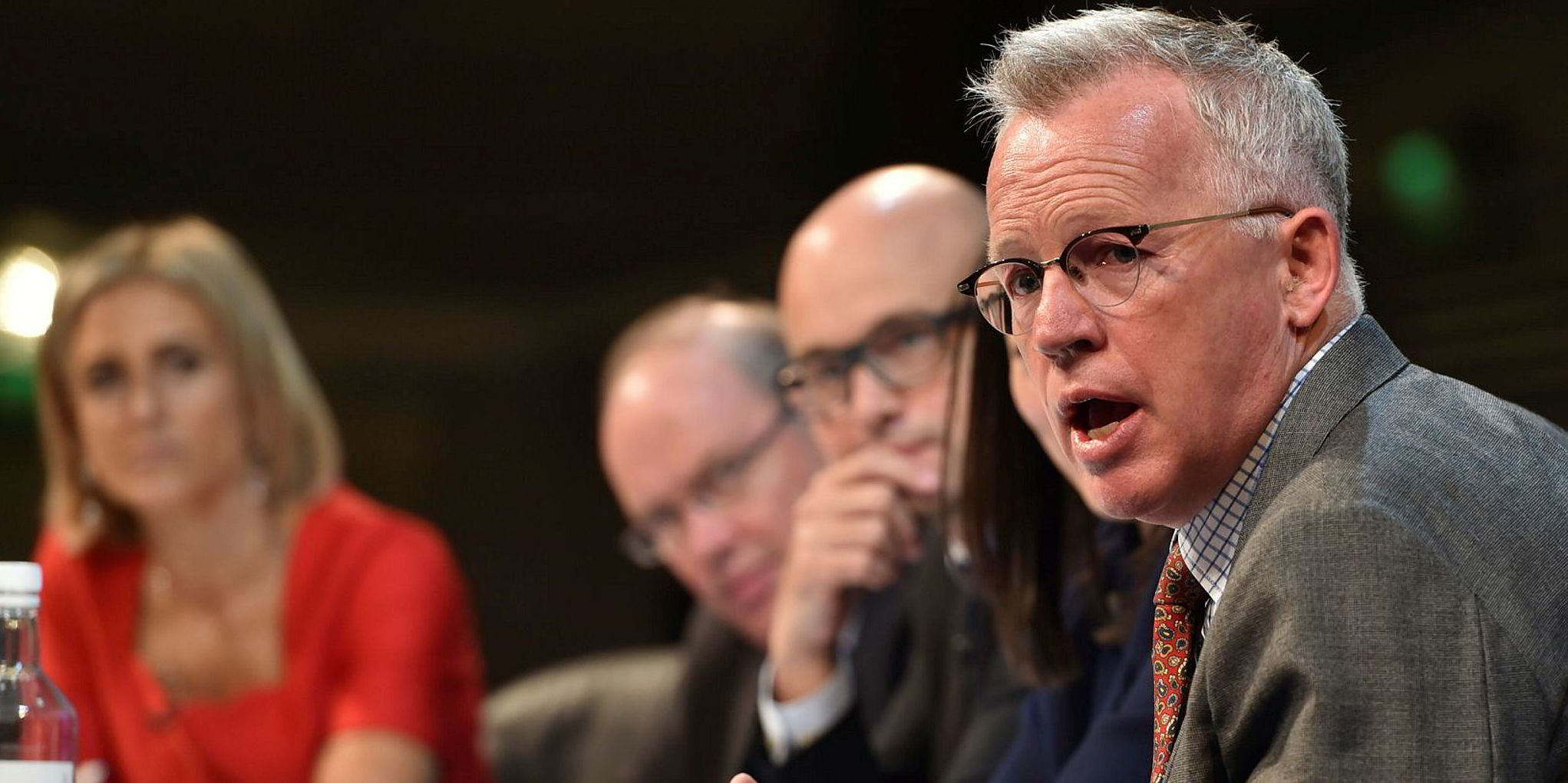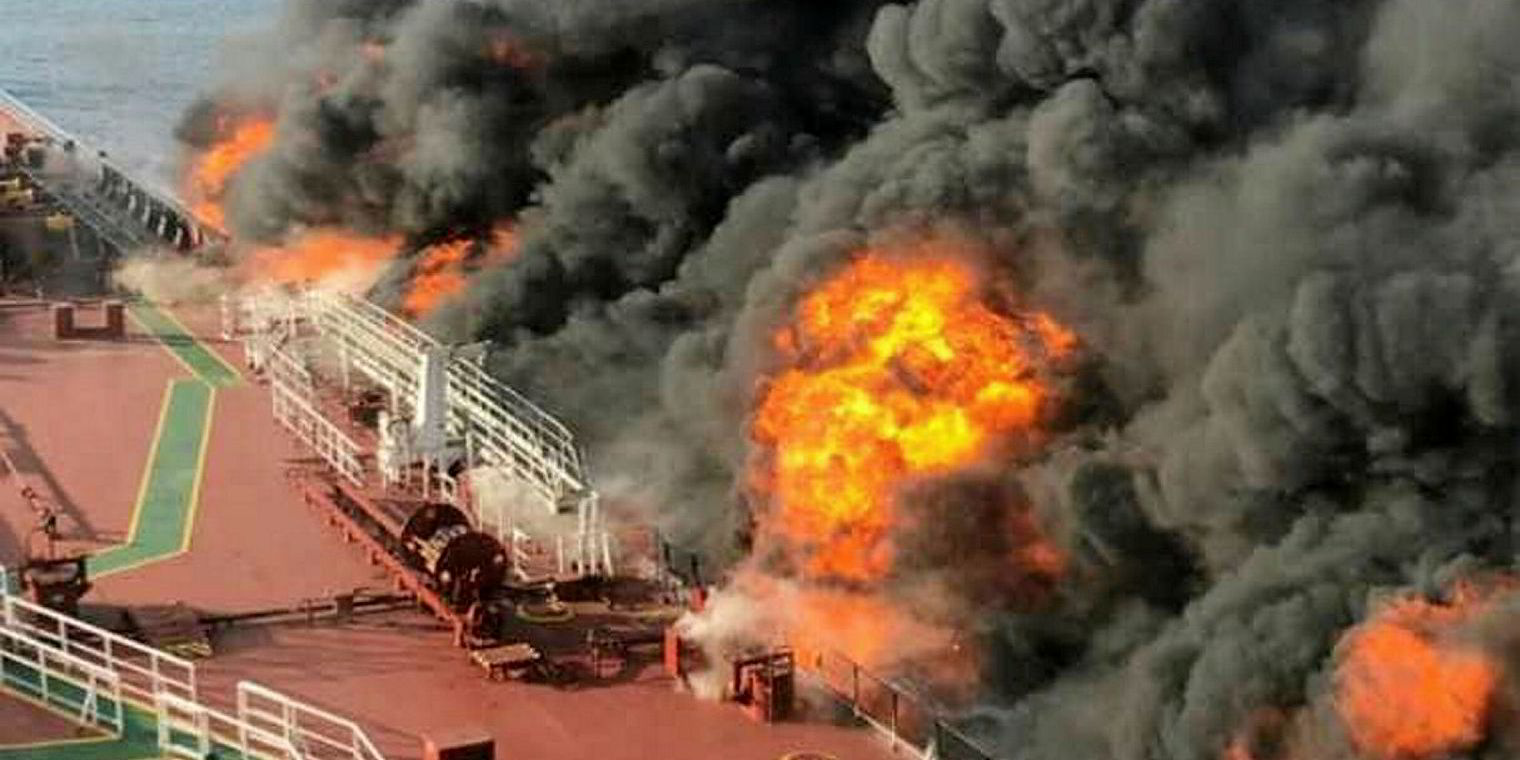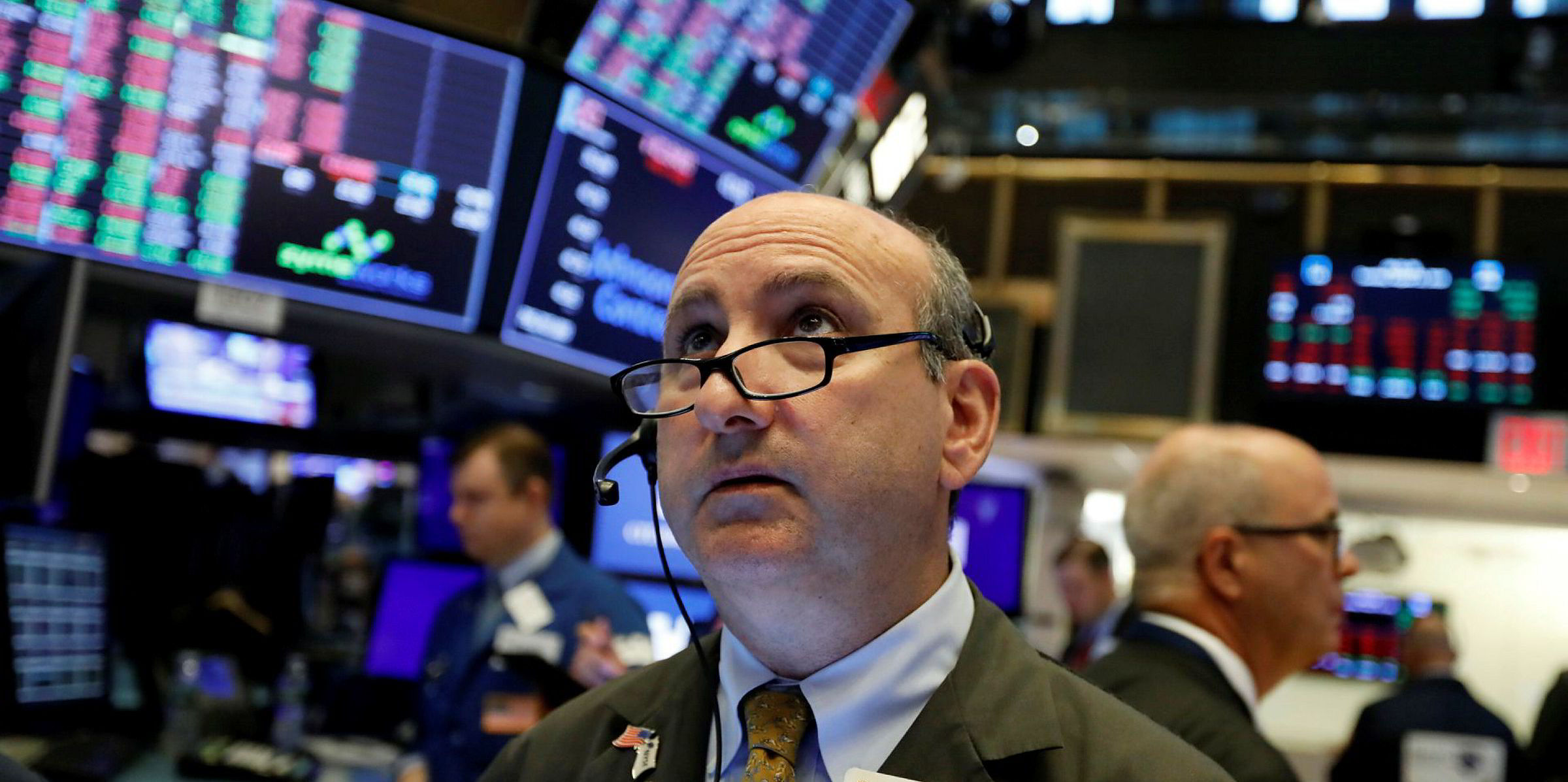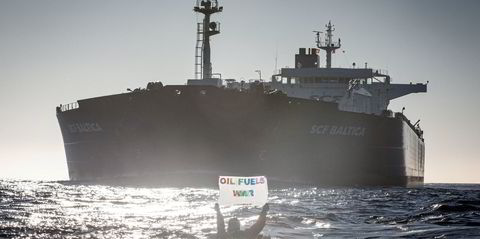London International Shipping Wee (LISW) is perfectly timed for an important debate among all members of the shipping community. We have perhaps never before faced so many immediate significant threats and changes.
In the past, there have been disruptive threats and wars that impact trade, but usually from predictable sources, or at least with long arcs of development that describe a trajectory that we can imagine, if not predict.
Today, however, we see moments of change on all sides, such that no one in the shipping community can say: "This will be good for us."
No part of the community — financiers, shipowners, charterers, shippers, shipbuilders, port operators or seafarers — could say that and still be taken seriously.
Uncertainty is being pressed on the industry from many sides.
Of course, in the UK, we may be focused on Brexit, which seems to encompass both trade and populism. It will have an impact on London locally but will it also affect it as a global centre for international trade?
The US under a populist leader has initiated a trade war with China in response to what is seen as product dumping and copyright theft.
The Middle East is destabilised by tension between Saudi Arabia and Qatar, a civil war in Yemen, the exclusion of Iran from trade, and in the wider margins no peace yet in Iraq or Afghanistan and with growing tension over Kashmir between India and Pakistan (there is little left to say about Syria).
As China tightens central government control, Hong Kong is in open opposition with no clear path forward and Tiananmen Square on everyone’s minds.
The rising level of debt in many centres, coupled with the continuing use of quantitative easing suggests the financial crisis may still be with us. Few households feel better off than a decade ago and most central banks consider that the next recession is closer to us than the last one is behind us. Are the political issues linked to or even driven by the financial ones?
Climate change and IMO 2030/2050 necessitates a retooling of the shipping industry, which today does not look financeable, even if it was clear technologically how the challenge of a 50% reduction in carbon emissions from 2008 levels could be achieved.
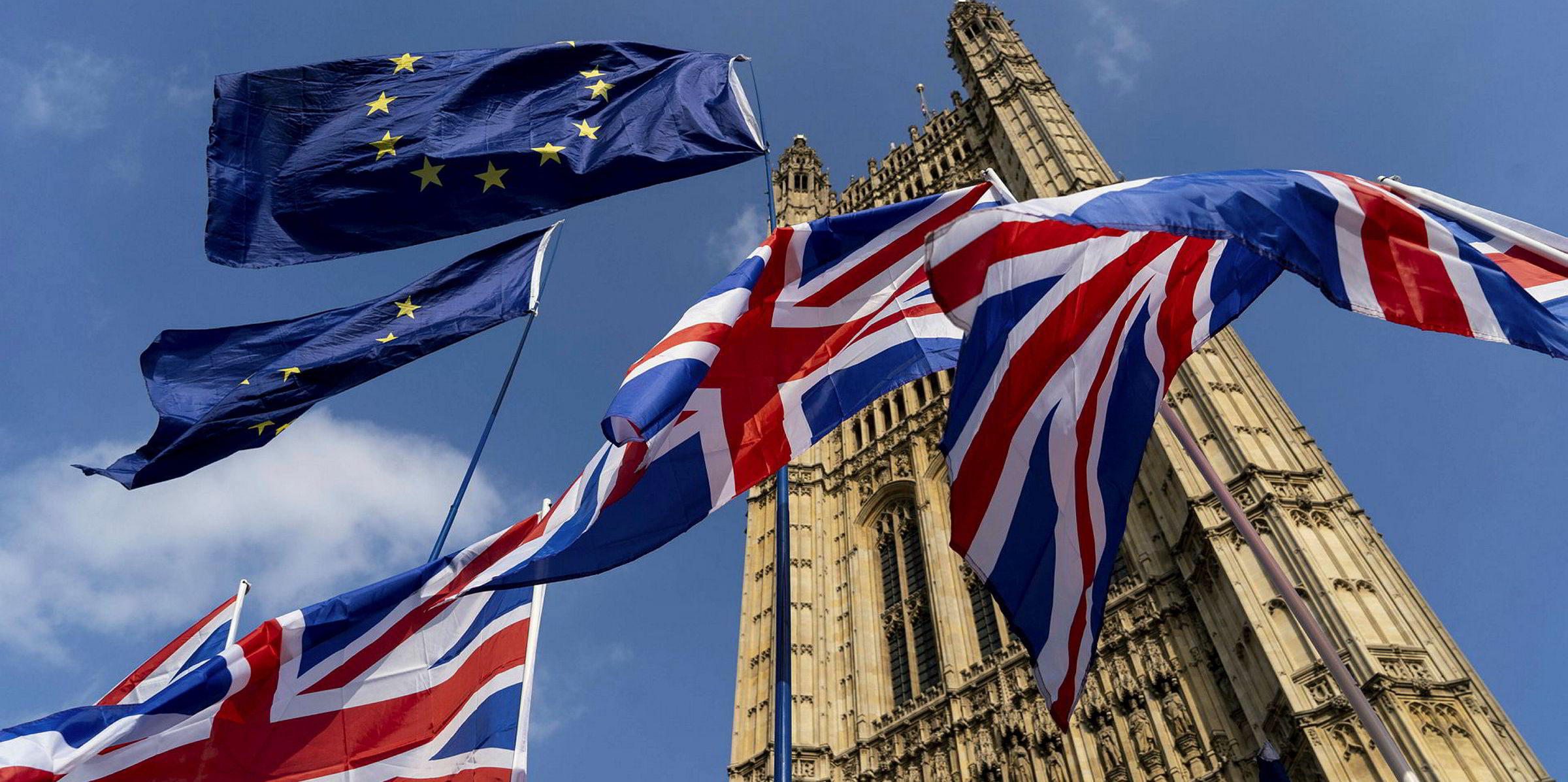
Is IMO 2020 just another milestone on the inexorable climb in the costs of hydrocarbon fuels?
If shipping costs are driven up, will it dampen trade flows?
Will there be rapid tightening of supply chains as a result of Big Data applications? Will the general destocking, seen since the 1990s, which relied on extraordinarily cheap and efficient shipping, go into reverse, with local supply chains superseding global ones as shipping costs rise.
The debate at LISW will not answer the unanswerable but it may be a creative environment for developing ideas and opinions that are taken on to workable solutions for some if not all ills.
Paddy Rodgers
Or are there low-cost alternatives that can save the planet and save global trade?
Much technological change seems focused on artificial intelligence without any clear agenda as to the benefits sought from autonomous ships or the impact it will have on the work balance between ship and shore.
This may determine the future of life at sea as a career and as a healthy, safe and fulfilling work environment. Alternatively, is autonomous shipping set to become an integral part of the reduction in emissions andreturn of economic value to shipping?
The debate at LISW will not answer the unanswerable but it may be a creative environment for developing ideas and opinions that are taken on to workable solutions for some if not all ills.
The key will be to leave your pre-prepared positions and ‘statements from the floor’ at home. Listen to the vast array of informed or relevant speakers. Remember you can’t win an argument from the floor, but with the right question you might provoke real debate and change views, illuminate a way forward and ignite the efforts of others.
You may not finish LISW smarter than you went in, but you might be better set up, with ideas and connections.
and the former chief executive of Euronav
Read all our London International Shipping Week coverage at tinyurl.com/twlisw2019.
